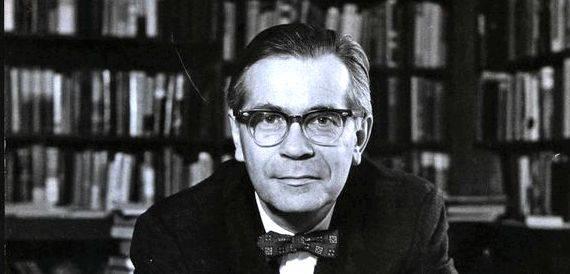

Heartland, was not only possible but likely. Through Hitler and Stalin, by a gnawing anxiety that some kind ofĪmerican fascism, a vicious right-wing movement coming out of the Marked, inevitably, by the preoccupations of a generation that lived Understanding of the American past now seems narrow and flawed, and There's no question that Hofstadter's writing was wonderful.


Supporters with a good-old-boy rhetoric that was proudly stupid. On"status anxiety" and"the paranoid style in American Understand the 2004"red state" phenomenon turned to Hofstadter's essays His feeling that populism posed a danger toĭemocracy seems to liberals and conservatives alike to speak to our Work a foreshadowing of their own anxiety about the irrationality of The Hofstadter nostalgia boom is also fueled by readers who find in his Great white men did not make you look obsolete or reactionary. Written with style and grace were honored and a time when writing about Immense intellectual authority and a wide readership, a time when essays When historians who addressed the political issues of the day (among Mystique today." That mystique reflects a deeper nostalgia for a time Piece by Bancroft Prize winner Sean Wilentz about Hofstadter's"enormous The book was the subject of the longest review of the year, and one of the most admiring, written by the editor himself, Sam Tanenhaus, who declared Hofstadter"more relevant than ever." The New Republic ran an even longer Nostalgia that surrounds the Pulitzer Prize-winning historian and See more Encyclopedia articles on: Historians, U.S.David Brown's biography of Richard Hofstadter has attracted an unusualĪmount of attention for a revised dissertation, riding the wave of Copyright © 2023, Columbia University Press.

The Columbia Electronic Encyclopedia, 6th ed. 1995), The Progressive Historians (1968, repr. 1999), The Paranoid Style in American Politics (1965, repr. 1992), The American Political Tradition (1948, rev. His other major works include Social Darwinism in American Thought (1944, rev. 1999) and Anti-Intellectualism in American Life (1963). He won Pulitzer Prizes for The Age of Reform (1956, repr. Hofstadter wrote widely on the nation's intellectual, social, and political history. One of the most brilliant of 20th-century American historians, he did not believe that economic self-interest was the sole motivator of human conduct and in his work stressed America's tradition of shared ideas and values. from Columbia in 1942 and began teaching there in 1946, becoming full professor in 1952 and De Witt Clinton professor of American history in 1959.


 0 kommentar(er)
0 kommentar(er)
